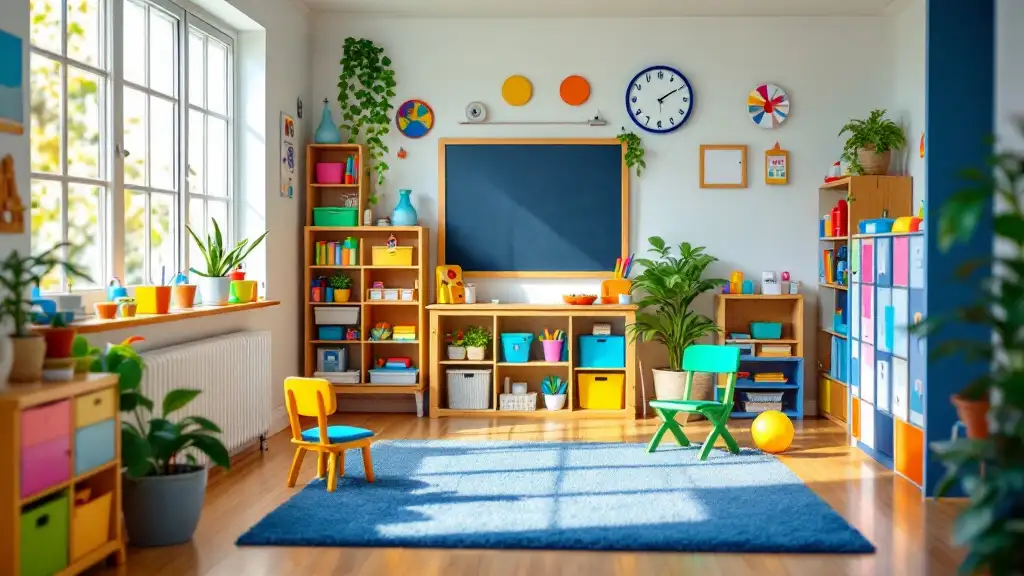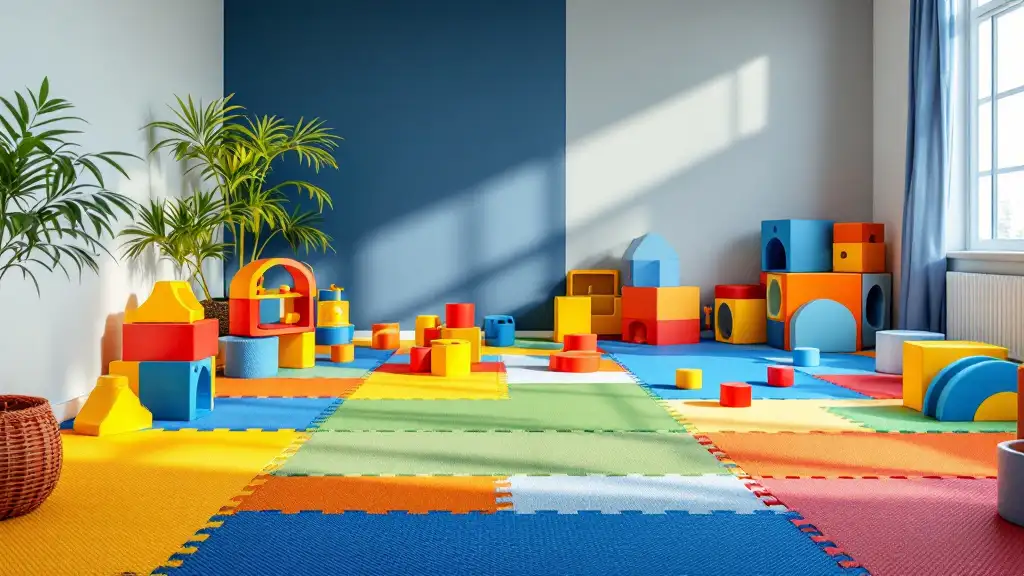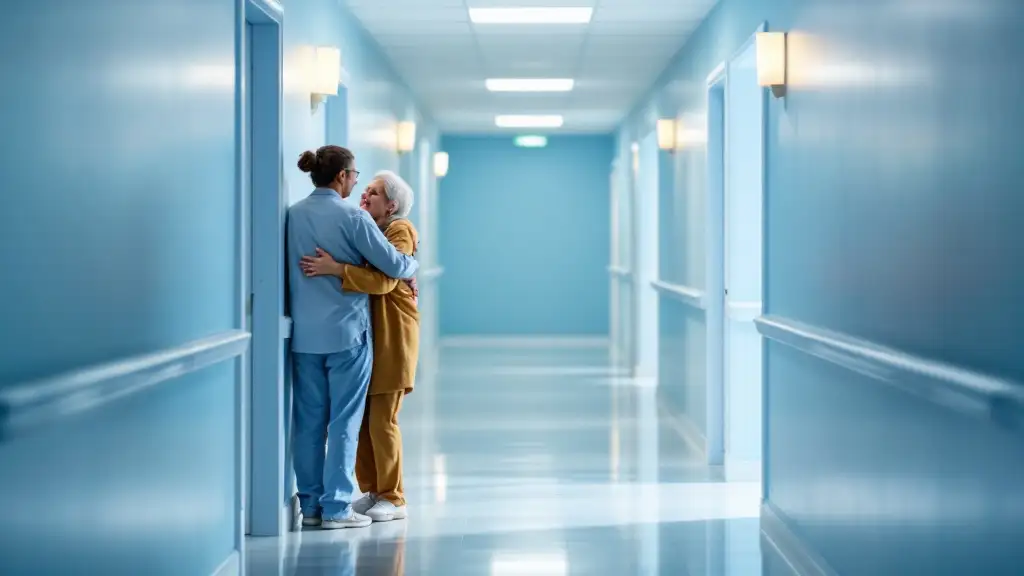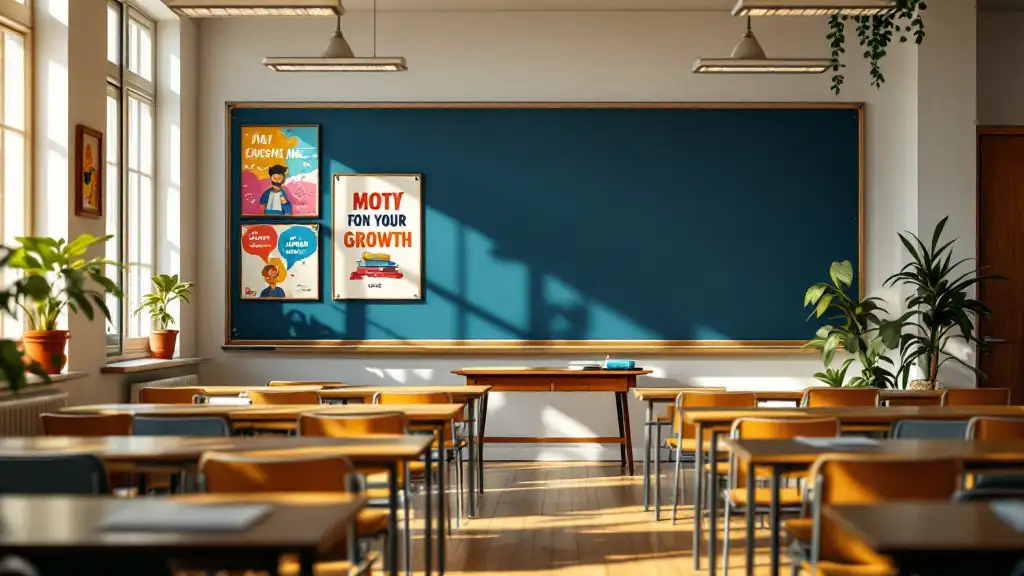
Understanding Community Outreach for Adults with Disabilities
Accessing community outreach programs is crucial for empowering adults with disabilities, promoting inclusion, and enhancing their quality of life. This article offers a comprehensive guide on how to find, connect with, and participate in various community services, supports, and advocacy efforts designed for adults with disabilities.
Overview of Community Outreach Programs and Legal Protections

What types of community outreach programs are available for adults with disabilities?
A variety of community outreach programs aim to support adults with disabilities in Virginia. These include programs like Fairfax County's Disability Services, which offers presentations on topics such as the Americans with Disabilities Act, community integration, and accessible transportation. Additionally, organizations like The Arc and local agencies provide webinars, support groups, and educational events that promote awareness and active participation.
Adaptive sports programs like the Fairfax Falcons Paralympic Sports Team and Special Olympics enable community involvement through athletic activities. Arts programs such as ArtStream and ReelAbilities Film Festival foster creative expression and social connection. Volunteer opportunities are also available, encouraging participation in activities like serving meals at soup kitchens or assisting in food pantries, helping individuals build skills, social networks, and confidence.
Other initiatives include community-based day services that support skill development, relationship-building, and exploration of personal interests, all within inclusive environments that promote independence and community integration.
What are the legal rights and protections for adults with disabilities?
Legal protections safeguard the rights of individuals with disabilities, ensuring they have equal access to community programs and services. The Americans with Disabilities Act (ADA) is foundational in preventing discrimination and mandating accessible public spaces, transportation, and employment. Other laws like the Rehabilitation Act and Fair Housing Act extend protections in housing, employment, and housing accommodations.
Organizations like the Disability Law Center of Virginia advocate for adults with disabilities, helping safeguard their civil rights. They provide legal assistance, support for filing complaints, and educational outreach on rights and accommodations. The Long-term Care Ombudsman also plays a vital role in protecting individuals residing in long-term care facilities, ensuring they receive appropriate services and respect.
What is the role of organizations like the Disability Law Center and advocacy groups?
Organizations such as the disAbility Law Center of Virginia and the Arc serve critical roles in promoting awareness, legal advocacy, and policy development. They help individuals understand their rights, navigate complex legal and social service systems, and advocate for policy changes that enhance community accessibility.
These groups frequently conduct outreach, organize presentations (
Key Programs and Resources for Access and Support

What assistance is available for disabled adults?
Adults with disabilities have access to a wide range of programs and benefits designed to support their independence and well-being. Social Security Disability Insurance Benefits (SSDI) provide financial assistance for living expenses, prescription medications, and essential needs. Additionally, programs like SSI (Supplemental Security Income) support individuals with limited income and resources. The ABLE Act allows eligible adults to save funds without affecting their benefits, offering financial security for disability-related expenses.
Medicaid is another critical resource, offering healthcare services and support for millions of disabled individuals to live healthier and more independent lives. Moreover, organizations such as The Arc and disability law centers advocate for rights, protect civil liberties, and work towards full community inclusion.
How can community outreach programs for adults with disabilities be accessed?
Accessing community outreach programs involves connecting with local disability services and community organizations. For example, Fairfax County provides resources through its Disability Services department, which offers outreach, educational presentations, and community engagement opportunities.
Contact points include phone numbers, email addresses, and sometimes online portals. Representatives like Claudia Vila can be reached to arrange for speakers or information tables on topics relevant to disabilities.
Many programs emphasize inclusive activities such as sports, arts, and volunteer opportunities that encourage social participation and skill development. Volunteering options are available both in-office and remotely; volunteers do not need to be legal professionals, making involvement accessible to all.
To explore specific local programs and find tailored support, search for "disability programs and services for adults Virginia" online, which guides individuals to resources and contacts suited to their needs.
Volunteering, Advocacy, and Community Inclusion
How can community engagement events and programs help individuals with disabilities?
Community involvement is vital for integrating adults with disabilities into society. These programs enable individuals to develop meaningful relationships, participate actively, and showcase their talents. Activities such as sports, arts, volunteering, and social groups foster social skills, boost confidence, and promote independence.
Organizations like DASA, the Arc, and local community centers organize events that encourage participation in inclusive sports leagues, arts programs, and community service projects. These initiatives not only build social connections but also help individuals discover new passions, enhance their skills, and feel valued as contributing members of society.
What are some ways to support and include adults with disabilities in the community?
Supporting adults with disabilities involves respectful communication—addressing individuals directly, asking before assisting, and respecting their privacy and autonomy. Creating accessible environments, with feature such as universal design principles, ensures spaces and services are usable for everyone, regardless of impairments.
Involving disabled individuals and their networks in designing programs guarantees that services meet their real needs. Advocacy efforts focused on raising awareness about societal barriers and promoting reasonable accommodations help foster a more inclusive community.
Programs that educate the public about disability rights and stigma reduction also play a crucial role. These activities create a welcoming atmosphere where adults with disabilities can participate fully and confidently.
Promoting community inclusion through activities like sports, arts, and social groups
Diverse activities serve as powerful tools for social integration. Adapted sports programs like Special Olympics, Cool CATS Ice Hockey, and wheelchair sports provide accessible opportunities for physical activity and camaraderie.
Arts programs such as inclusive theater companies, art workshops, and film festivals like ReelAbilities enhance cultural participation. Social groups and clubs, including faith communities and interest-based clubs, foster peer support and community engagement.
Legal protections like the ADA and promoting awareness through outreach events are essential to sustain these inclusive environments. Community-led initiatives involving leadership roles for individuals with disabilities also increase visibility and empowerment.
Overcoming barriers to participation
Despite available opportunities, obstacles like transportation issues, physical accessibility challenges, stigma, and lack of awareness can hinder participation.
Addressing transportation barriers involves promoting accessible transit options and community shuttles. Improving physical accessibility within venues and public spaces ensures everyone can join activities comfortably.
Efforts to reduce stigma include public education campaigns, disability awareness days, and engaging advocacy organizations. Providing information through community outreach programs and training on disability etiquette further encourages inclusive participation.
By combining education, accessible infrastructure, and active advocacy, communities can create an environment where adults with disabilities feel included, supported, and empowered to contribute.
| Aspect | Initiatives | Supporting Details |
|---|---|---|
| Volunteer roles | Advocacy, community service, leadership | Opportunities for all, not limited to lawyers; remote and in-office options |
| Community activities | Sports, arts, social groups | Adapted sports, inclusive theater, community events |
| Addressing barriers | Accessibility, transportation, stigma | Public transit improvements, ADA compliance, awareness campaigns |
| Resources | Organizations, programs | DASA, The Arc, local agencies, federal support |
Promoting Disability Inclusion and Leadership

Strategies for fostering disability inclusion (education, environment, policy)
Creating inclusive communities starts with intentional strategies across multiple levels. Education plays a fundamental role, with organizations providing presentations on rights and accessibility topics such as the Americans with Disabilities Act (ADA), Universal Design, and fair housing. These presentations raise awareness among community members, service providers, and policymakers, fostering a culture of respect and understanding.
Environmentally, adapting physical spaces and activities ensures accessibility for all. This includes implementing universal design in public buildings, transportation systems, and recreational venues. Policy development further cements inclusion by enacting laws and regulations that require accessible services, non-discriminatory practices, and community participation for people with disabilities.
Leadership and advocacy opportunities within community organizations
Building leadership capacities is vital to empowering people with disabilities. Community organizations like The Arc and Disability Rights VA offer programs that encourage individuals to take on advocacy roles, participate in policy discussions, and lead community projects. Many of these organizations actively seek volunteers and leaders, including opportunities for those without legal backgrounds but with a passion for change.
Leadership roles also encompass serving on advisory boards, speaking at public forums, and participating in legislative advocacy. These opportunities allow individuals with disabilities to influence policies and initiatives that affect their lives and promote a perspective that values full inclusion.
Training and resources to promote self-advocacy and community leadership
Empowering individuals begins with accessible training tailored to diverse needs. Programs like the Center for Disability Leadership and the LEAP project provide mentorship and skills development focused on self-advocacy, decision-making, and leadership. Resource tools such as webinars, fact sheets, and online decision guides support ongoing learning.
Many organizations in Virginia offer community outreach and training modules aimed at fostering independence and confidence. These include education on navigating legal rights, accessing community resources, and developing advocacy skills. With these supports, individuals can effectively speak up for their needs, participate actively in community life, and assume leadership roles.
| Resources and Programs | Focus Area | Description |
|---|---|---|
| Americans with Disabilities Act (ADA) | Legal Rights | Ensures civil rights and accessibility |
| Disability Rights VA | Advocacy Support | Local support for disability rights |
| Center for Disability Leadership | Leadership | Training and mentoring for disabled leaders |
| LEAP Project | Abuse Prevention | Education on healthy relationships |
| Webinars and Fact Sheets | Community Education | Ongoing learning and awareness |
Focus Areas to Enhance Disability Inclusion
| Area | Examples | Purpose |
|---|---|---|
| Education | Rights presentations, inclusion training | Raise awareness and promote understanding |
| Environment | Universal design in buildings and transport | Remove physical barriers |
| Policy | Enacting and enforcing accessibility laws | Mandate inclusive practices |
By implementing these strategies, expanding leadership opportunities, and offering targeted training, communities can become genuinely inclusive places where people with disabilities thrive as active members and leaders.
Building Awareness, Resources, and Ongoing Support
What are some examples of disability awareness programs in schools, workplaces, and community events?
Disability awareness programs are pivotal in fostering inclusive environments. Schools often host presentations, including 'Know Your Rights' sessions, to educate students and staff about disabilities, promoting understanding and acceptance. Programs like Disability Awareness Days in schools feature demonstrations, interactive activities, and talks to showcase abilities over disabilities.
Workplaces contribute through diversity and inclusion initiatives, accessibility training, and employee resource groups that celebrate differences and educate staff about accommodating colleagues with disabilities.
Community events such as adapted sports tournaments, arts programs, and community fairs offer opportunities for adults and children to engage actively. For example, programs like the Disability Awareness Days hosted by organizations such as DASA include demonstrations and presentations designed to increase familiarity and comfort around individuals with disabilities.
What types of educational materials, webinars, and advocacy campaigns are available to support inclusion?
Educational resources are abundant, including webinars on topics like disability rights, assistive technology, and accessible design. These educational sessions are often provided by organizations such as the Center for Accessibility or disability law centers, offering valuable information to community members, educators, and employers.
Advocacy campaigns aim to elevate issues like civil rights, accessible transportation, housing, and employment. Campaigns often utilize flyers, digital content, podcasts, and blogs to raise awareness and motivate community action. Community outreach tools like the ABLE Outreach Toolkit provide organizations with materials to inform the public about financial planning options for adults with disabilities.
How can organizations like the Arc, disability law centers, and assistive technology programs help foster community inclusion?
Organizations like The Arc of Northern Virginia and the disAbility Law Center of Virginia work proactively to advocate for policy changes, provide legal support, and promote community engagement. The Arc offers resources, webinars, and local events that facilitate education and empowerment.
Disability law centers safeguard rights through legal advocacy, help resolve discrimination issues, and educate communities about legal protections.
Assistive technology programs, such as the Virginia Assistive Technology System, assist individuals by providing access to devices and innovations that improve independence, communication, and participation in community activities. Collaboration among these organizations ensures comprehensive support, ranging from legal advocacy to technological solutions, ultimately enriching the fabric of inclusive community life.
Empowering Adults with Disabilities Through Access and Inclusion
Connecting adults with disabilities to community outreach programs empowers them to live independently, participate fully in society, and achieve their personal goals. By understanding available resources, embracing inclusive practices, and advocating for accessible and supportive environments, communities can foster a culture of respect, independence, and belonging for all individuals regardless of ability.
References
- Resources - Virginia Board for People with Disabilities
- Volunteer - disAbility Law Center of Virginia
- Speakers' Bureau and Community Outreach - Disability ...
- Programs for People with Disabilities
- The Arc | For People With Intellectual & Developmental ...
- Community Resources - DC Developmental Disabilities Council
- Community Resources for Individuals with Disabilities
- Inclusive Volunteering












